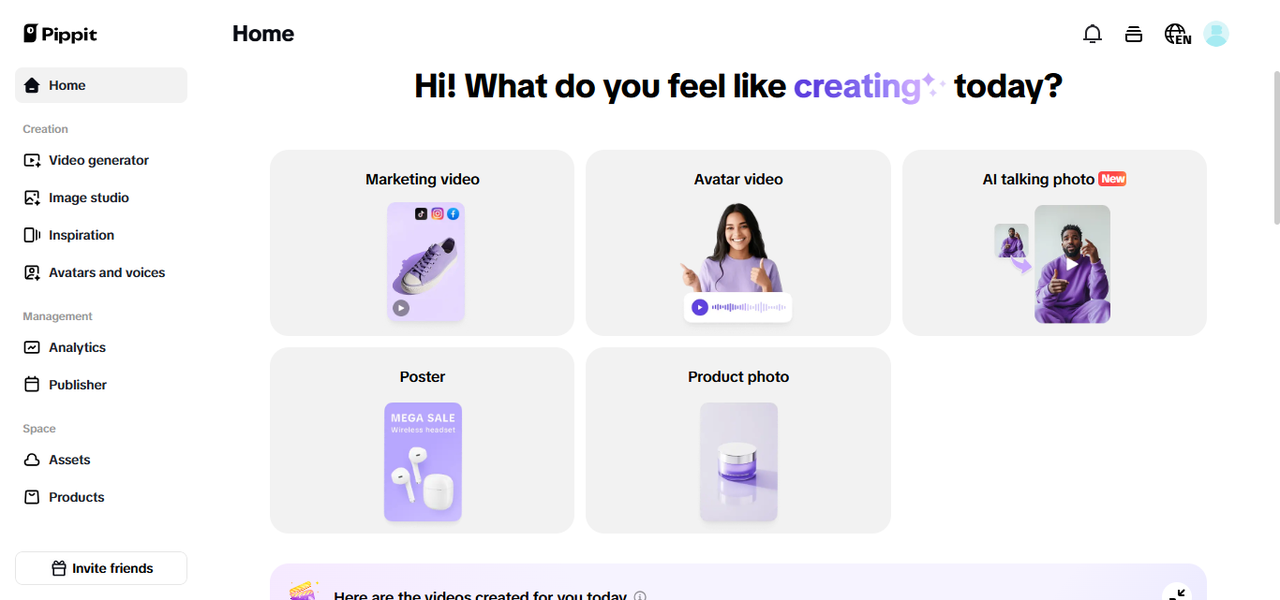How Social Engineering Led to a $700,000 Heist at Four Winds Casino

Oct. 26 2024, Published 3:00 a.m. ET
In March 2024, a record was set at the Four Winds Casino in Michigan for a $700,000 theft. What made this crime particularly alarming was that it was not carried out through traditional means, such as armed robbery, but through a method called social engineering. This type of attack targets human vulnerabilities, not system security. In this case, they tricked employees into giving them access to the funds.
This heist showed the growing threat of social engineering, especially in high-stakes environments like casinos. More businesses are relying on human judgment and technology, and the risk of being manipulated is consequently higher than ever. Understanding how it went down at Four Winds Casino can be a lesson for the entire industry, including online casinos, which have different but equally important security concerns.
The Four Winds Heist
The theft at Four Winds Casino involved two men who were arrested shortly after the crime took place. Their plan was impersonation and manipulation, the hallmarks of social engineering. They pretended to be trusted individuals or professionals and were able to trick casino staff into bypassing security protocols.
In a well-planned scheme, they exploited human error and trust and got access to large sums of money. They relied on verbal or behavioral cues, not technical hacking. This shows how social engineering works when targeting organizations that have robust digital security but weak human security.
Physical vs Online Casino Security: A Contrast
As the heist shows even with physical security systems in place human error can still lead to big losses. This brings to mind the comparison between physical and digital gambling environments. Take a typical Michigan online casino review. A big focus would be on how secure the platform is when handling sensitive financial info. Unlike their physical counterparts, online casinos rely more on technology for security: encryption, automated fraud detection, and multi-factor authentication.
For example, Michigan’s online casinos have technology in place to prevent unauthorized access. Every financial transaction is encrypted and users have to go through multiple steps to verify their identity. In this case, a physical casino like Four Winds is vulnerable. The heist shows we need to have strict protocols and training in place so staff can recognize social engineering before it causes big financial losses.
Social Engineering on the Rise
Social engineering is becoming a favorite tactic for criminals to hit organizations. In these attacks, they don’t try to breach firewalls or crack codes – they manipulate people. Casinos are a prime target because they rely on human interaction and high-value transactions.
Common forms of social engineering are phishing, baiting and pretexting. Pretexting, which was probably used in the Four Winds heist, is where attackers create a scenario to steal sensitive information or gain access. By pretending to be someone in authority or with inside knowledge, they create a sense of urgency or trust, and employees let their guard down. It’s a tactic that shows even well-trained staff can be duped.
Four Winds Lessons: What Casinos Can Do
One of the key takeaways from the Four Winds heist is that human training must be part of any security strategy. While digital security is important, it’s not enough if employees can be tricked into bypassing it. To prevent incidents like the $700,000 heist, casinos must ensure their staff are not only aware of but trained to respond to social engineering threats.
Casinos should have a two-tiered approach to security: one that includes technological defenses and human-centric protocols. For example, implementing multi-step verification for any financial transaction would make it harder for someone to authorize a large transfer without additional oversight. Such a system would have stopped the Four Winds heist by having requests verified through multiple channels before approval.
Regular training sessions should be held to keep staff up to date with the latest social engineering tactics. These sessions should focus on recognizing phishing attempts, impersonation and other manipulative techniques. Staff should be encouraged to question unusual requests, especially those that bypass normal security procedures.
Online Casinos and Secure Practices
Online casinos in Michigan offer a different model of how security can be maintained. These platforms rely heavily on encryption, secure servers and artificial intelligence to detect suspicious activity. As a result, the opportunity for criminals to manipulate staff is reduced. Online casino operators can use their experience with digital security to advise physical casinos on how to integrate more automated security into their operations.
For example, artificial intelligence could be used in land-based casinos to detect irregular behavior from staff or patrons. Systems that alert management to unusual requests or financial transfers would be the first line of defense, complementing human oversight.

A Way Forward for the Casino Industry
Going forward physical and online casinos need to recognize the growing threat of social engineering. As casinos get more advanced so do the tactics of the criminals. The Four Winds Casino theft is a wake-up call for the industry to do more to prevent these kinds of attacks.
By having comprehensive security strategies that combine technology with human awareness, casinos can protect themselves. In the future, blending the high-tech security of online platforms with the human element of land-based casinos may be the best defense against both digital and psychological threats. For now, the lessons learned from Four Winds should push the industry to more technology, training and vigilance.
This incident not only reveals vulnerabilities but also highlights opportunities for improvement, ensuring that casinos remain safe spaces for both patrons and operators.
The information provided in this article is for general informational purposes only. Gamble or play responsibly. If you or someone you know has a gambling problem, help is available. Call 1-800-GAMBLER. If you’re in the U.K. and need help with a gambling problem, call the National Gambling Helpline on 0808 8020 133 or go to gamstop.co.uk to be excluded from all UK-regulated gambling websites. We disclaim any liability for any loss or damage arising directly or indirectly from the use of, or reliance on, the information presented.


